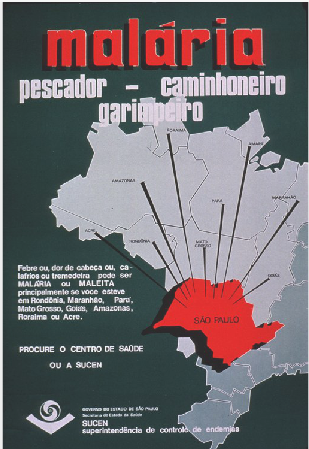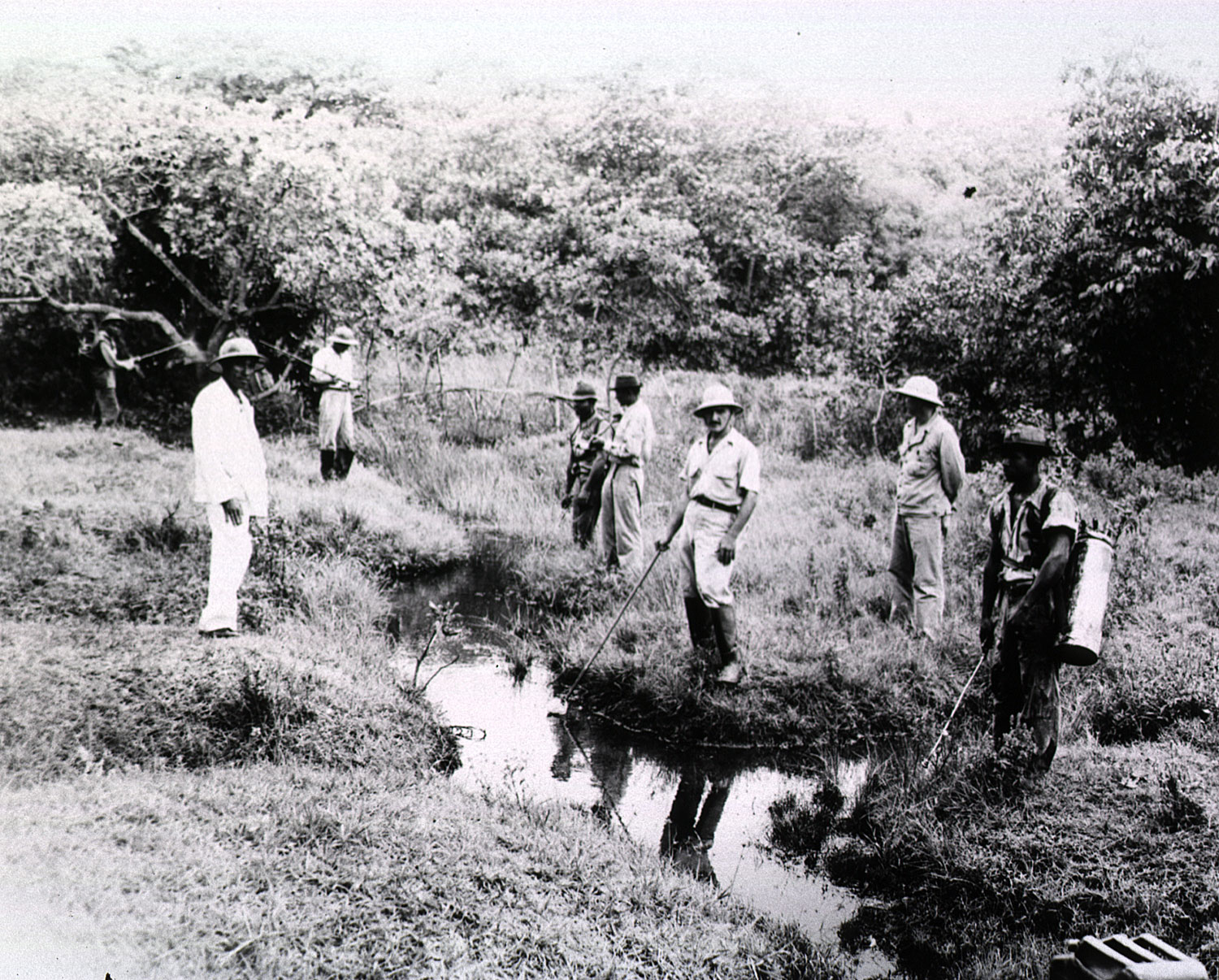Although scientific laws may be universal, scientific practices are not. When a dominant group attempts to "improve" how science is done in another locale, the recipients have the options of accepting, rejecting, or modifying the practices in order to fit local circumstances or preferences. This was the case in Latin America when the Spanish empire tried to impose its scientific styles upon its colonies, and the same process occurred again in the twentieth century when philanthropic organizations in the United States worked to modernize healthcare and agriculture in Latin America. According to historian Marcos Cueto, the Rockefeller Foundation, the largest American contributor to science in Latin America in the twentieth century, was convinced that institutions that had proven successful in the United States would also thrive in Latin America. The RF had mixed success in its endeavors.
The vast amount of resources that the RF dedicated to Latin America was meant to accomplish several disparate goals. First, the RF International Health Board was a philanthropic organization with a mandate to improve global health. Thus they worked to eradicate diseases, especially hookworm, yellow fever, and malaria (all discussed in more detail in this topic's sources) and improve sanitation, through water and sewage systems. The RF also provided many fellowships--1,700 between 1917 and 1962--for scientists from Latin America to train in the United States and gave millions of dollars to scientific institutions throughout Latin America. Around 1940, their focus shifted to scientific and medical education and improving agriculture, introducing new farming techniques and strains of crops in order to increase the yields of food crops in Mexico and other countries, a process known as the Green Revolution.
Assimilation of Latin American scientists to U.S. norms of training and practice, at various times intended or unintended, was another accomplishment of the RF. By funding the training of leading Latin American scientists in universities such as Harvard, Berkeley, and Johns Hopkins, the RF helped American laboratory styles spread to the south. Aspiring Latin American scientists had previously traveled to Europe, especially France, for advanced study, but the increased role of the RF in training researchers and equipping their labs decreased the prestige once associated with European science.
Nevertheless, Cueto has illustrated how not all Latin American scientists or scientific institutions converted to the U.S. mode of practice, even when receiving funding from the RF. Bernardo Houssay, who earned a Nobel Prize in physiology, maintained a unique laboratory style that could thrive without the expensive equipment and elite researchers advocated by the American system (Cueto 1994). Yet many scientists eagerly accepted advice and funding from the RF, even permitting that organization to serve as a sort of public health bureaucracy in countries where no such infrastructure existed. The success of agricultural reforms, similarly, had to do with whether or not they proved applicable to local conditions. As Deborah Fitzgerald pointed out, the fact that new crop strains and farming methods provided greater yields did not mean that these novelties were not always suited for social and cultural circumstances in Mexico (Fitzgerald, in Cueto 1994). New varieties of wheat, especially those created by Nobel laureate Norman Borlaug, were readily adopted by wheat farmers in northern Mexico because they already shared a general attitude towards farming that was similar to the model the RF exported. Corn, however, was usually grown on subsistence farms where U.S. methods were not so easily adapted. A byproduct of Mexico's Green Revolution was bolstering the prestige of agronomists and politicians who associated themselves with the RF, while further relegating subsistence farmers to a subaltern economic and political position.
The Rockefeller Foundation's funding, fellowships, agricultural reforms, and struggle against epidemic diseases all, at times, succeeded or failed due to how people in Latin America received and assimilated them. For example, Brazilian public health officials often resented the RF for arrogantly imposing itself as a superior public health agency, while Bolivian doctors welcomed the RF and its expertise (see the source on Dr. George Bevier, director of the RF's public health program in Bolivia). Ultimately, the decision as to what aspects of exported science are adopted depends on the cultural, political, economic, and personal situations that already exist in a given area or develop as a result of the new science.
Questions for further exploration:
1. Consider the sources on Brazil and Bolivia. How did the RF's approach to public health differ in these two countries?
2. To what extent does the RF's philanthropy in Latin America, a program that began concurrently with the opening of the Panama Canal, constitute a kind of U.S. imperialism?
3. Both Spain and the United States sought to influence how science was conducted in Latin America, albeit at different times. Compare and contrast Spanish policies in the colonial era with those of the Rockefeller Foundation in the twentieth century. Can the RF's work be classified as scientific colonialism?
4. Was the RF's agricultural effort, the Green Revolution, more effective than its public health campaign in fulfilling the RF's goal "to promote the wellbeing of mankind throughout the world"?
5. In the 1940s, the RF began to move its focus in Latin America away from public health. What role did the failure to eradicate yellow fever, hookworm, and malaria play in this decision? What other factors were influential?
Further Reading:
Cueto, Marcos. "Laboratory Styles in Argentine Physiology." Isis. 85: 2 (June 1994): 228-246.
---, ed. Missionaries of Science: The Rockefeller Foundation in Latin America. Bloomington: Indiana University Press, 1994.
---. "The Rockefeller Foundation's Medical Policy and Scientific Research in Latin America: The Case of Physiology." Social Studies of Science. 20: 2 (May 1990): 229-254.
Rockefeller Foundation Website: http://www.rockfound.org/
Zulawski, Ann. Unequal Cures: Public Health and Political Change in Bolivia, 1900-1950. Durham: Duke University Press, 2007.






